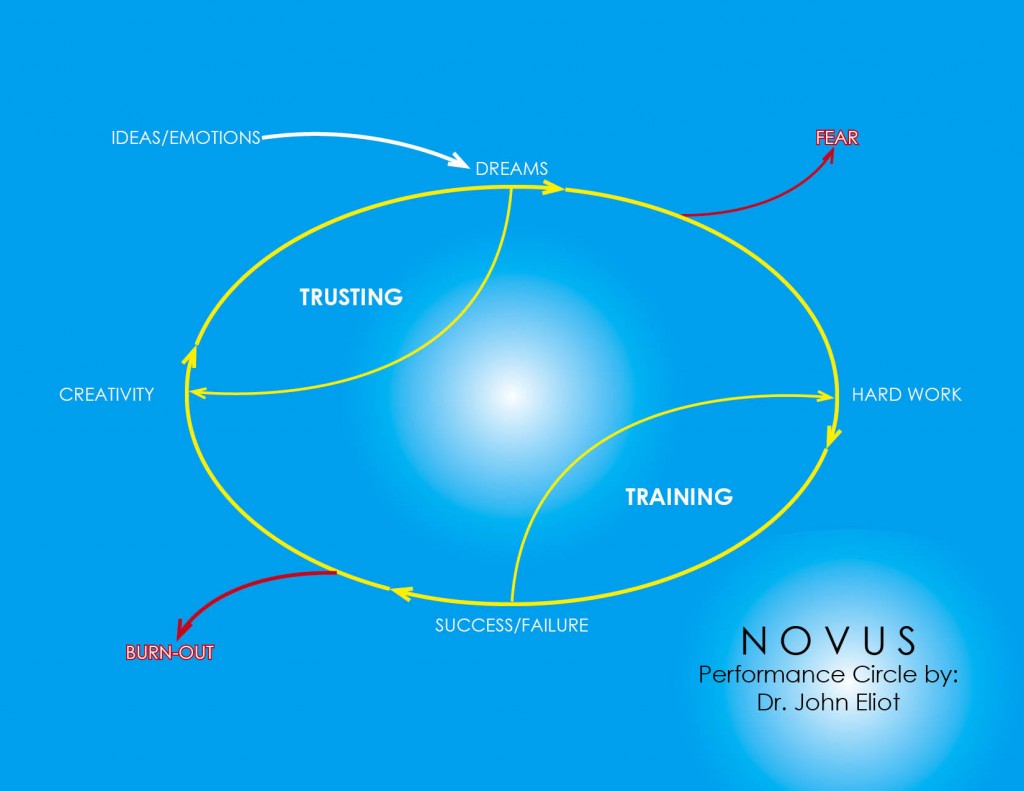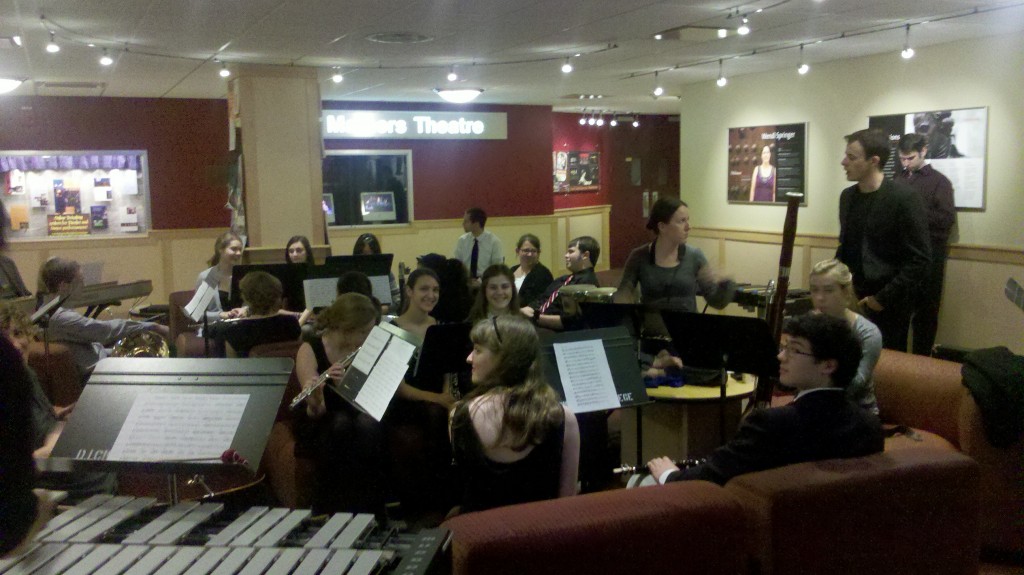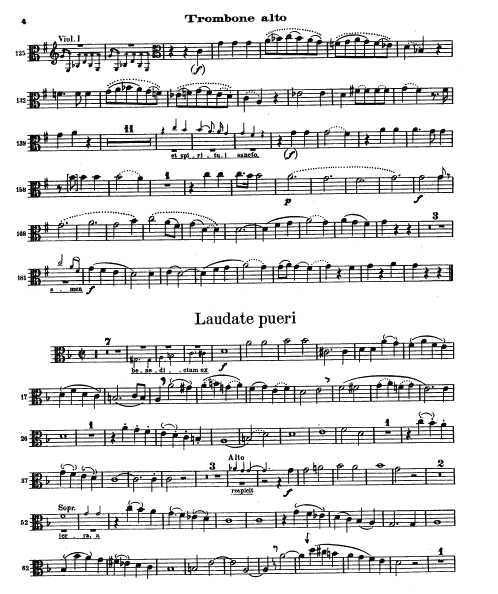David Waters, my professor in grad school, referred to deficiencies in technique as “holes.” Just like a depression in your yard, the hole could be filled with the right tools and some hard work. Others call them hurdles or obstacles.
What I’ve learned is that it’s not as easy as going to the shed and grabbing a shovel. Sometimes you are not aware of the hole, sometimes the motivation isn’t there to fill it and sometimes it seems like no matter how much you put into the hole, no amount of work will hide it. It’s the last scenario I will address most but I’ll also touch on the first two.
Awareness:
Being aware of an issue is the first step. That may be obvious but the issue itself may not. Continuing with our “hole” metaphor, if we don’t get into the yard and look we’ll never know there’s a hole to be filled. Musically speaking, we listen to recordings and attend concerts to discern what others are capable of, we talk to others (friends, teachers) and they tell us what we should be able to do. Then, if we have enough motivation, we start addressing it.
Motivation:
A dissertation unto itself. Here are just a few points. There’s intrinsic and extrinsic motivation. Intrinsic being motivation that is tied to a task and exists within the individual performing. Extrinsic motivation comes from outside the performer: money, fame, competition, cheering crowds, fear of punishment, etc. In our “hole” situation intrinsic motivation would be love of manual labor or the joy we get from a beautiful yard, extrinsic motivation would be getting paid to do the work or a fear of someone tripping and twisting an ankle. There are beliefs about the relative merits of each: studies show that both can be beneficial but the lasting effects of intrinsic motivation usually trump extrinsic.
The Black Hole:
Occasionally we encounter a hole that just can’t seem to be filled. Try as we might the problem remains. This is far from uncommon. Here are just some thoughts on why this might be:
Fear of Success
This is a form of self-sabotage that will keep us from achieving all that we can. Think about this in depth before you go any further. Fear of success can take a few forms:
- Fear of lost friends/relationships
The belief that, if we improve, others will resent it and we’ll lose them in our lives. Think about athletes who “make it big.” They go from unpaid high school or college players to multimillionaires overnight but their friends and family haven’t changed. It’s easier to see how someone could be afraid of losing those they care about in a situation like that but it can happen in the less lucrative field of classical music as well. (“Will my friends resent my ability?”)
- Fear of responsibility
The belief that, if we are successful it will be expected of us again. Showing that we’re good at something puts pressure on us to be good again and again, which then causes people to look to us when they need something done, which adds more responsibility to our lives…. something not everyone can handle.
- Fear of reaching our potential
The belief that, if we do our best it still may not be good enough. Simple as that.
You haven’t made it a priority
Be honest with yourself, have you really prioritized the issue? Too often, I see frustration in others over a particular habit they can’t change or skill they can’t do that could be alleviated if they would make the issue a priority. For instance, if they are having difficulty with air flow they spend their time practicing their solo repertoire without touching on exercises to address the problem, hoping the problem will work itself out on its own. It should be your goal to spend so much time working on your weaknesses that they become your strengths.
Unreliable Sensory Perception
This a concept from Alexander Technique that, in short, means we can’t trust ourselves. Our habits are so engrained that even things that hinder us (that we even know to be detrimental) will feel ‘natural’ and ‘right.’ This makes it difficult for us to change the habit. An outside perspective (teacher, mirror, recording device) can help you become aware of when you’re not being efficient.
Trapped in a loop
While at Rice University I took several courses on performance psychology with Dr. John Eliot. There are many great things from those classes that I still use on a daily basis. This “Performance Circle” is one of them:

By following the arrows you can trace the path of performance and find places where you can become trapped in your efforts. Some people are inclined to get stuck in a “training loop” in which they feel hard work is the solution to their problems, others will get stuck in a “trusting loop” in which they feel that their creativity will pull them through. To escape either try applying techniques from the other loop. Without doing so you run the risk of burnout or never achieving what you’re capable of because of fear.
Think about your personality. Do you feel that hard work is always the solution? There’s a possibility you should think more creatively about your performance. Do you feel like you can achieve your goals using your natural ability and your imagination? A little elbow grease might improve your performance.
To bring back our hole metaphor… imagine we have a hole in our backyard that we can’t fill no matter how hard we try. Maybe there is a spring at the bottom of the hole that washes the water away. Thinking creatively we’d realize we need to block the spring first. No amount of sheer hard work was ever going to solve the problem. Alternatively, contemplating the nature of the hole will never get it filled without some hard labor.




